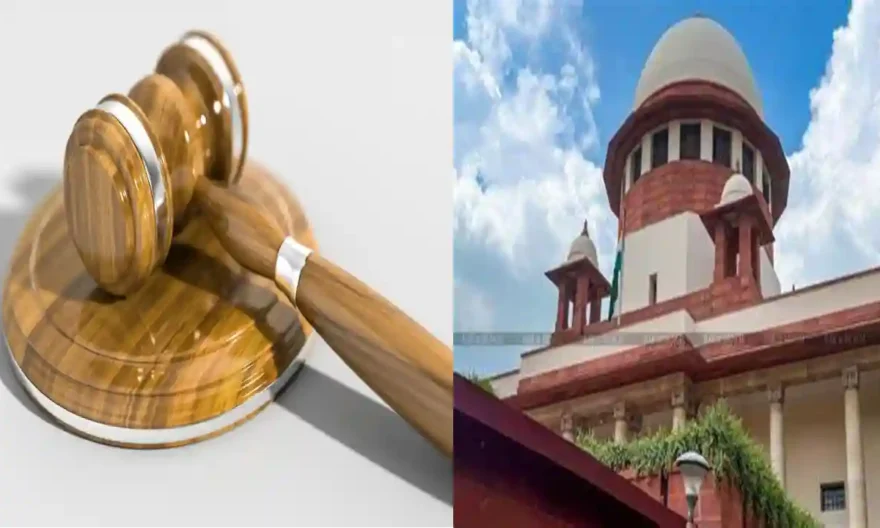
The Supreme Court recently upheld the abolition of the Orissa Administrative Tribunal (OAT) by the Central government, stating that the same was not violative of Article 14 of the Constitution.
The division Bench of Chief Justice of India (CJI) DY Chandrachud and Justice Hima Kohli said that Article 323A of the Constitution does not preclude the Central government from abolishing state administrative tribunals.
The Court held “Central government was correct to invoke Section 21 of General Clauses Act to rescind the decision to set up the tribunal. The decision to abolish the tribunal is not violative of Article 14 of the Constitution.”
Therefore, the court added that people or their representatives need not be heard while taking a policy decision such as this one.
“There is a violation of reasonable classification. High Court was already hearing the cases which were before OAT. The failure of the Centre to conduct a judicial impact assessment does not vitiate the decision to abolish the OAT.”
In this case, a plea by the OAT Bar Association stated that the Central government issued a notification abolishing the OAT by invoking Section 21 of the General Clauses Act, 1897 (GCA) when the parent Act – the Administrative Tribunals Act – 1985 (AT Act) implicitly denied the exercise of such power.
The Orissa High Court earlier dismissed the challenge to the abolition, leading to the present appeal before the Supreme Court.
The plea stated that the High Court turned a blind eye to the abuse of power by the Centre as well as the State government, by simply terming it to be an administrative action.
Therefore, the petition said that “In the present case, the Centre could not invoke Section 21 of GCA to do indirectly that which was prohibited to be done directly under the AT Act, and by upholding the illegal and arbitrary decision of the government, the impugned judgment is liable to be set aside.”
It highlighted that Parliament, by way of the 42nd Constitutional Amendment, and pursuant to Article 323A enacted the Administrative Tribunals Act in 1985.
The plea also said that Parliament envisaged a twin purpose for establishing administrative tribunals to reduce the burden of cases on the High Courts, as well as to secure speedy disposal of cases.




